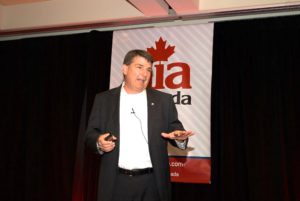
The insight that leads to an innovative business solution can come in many ways.
For Wakefield Canada president Dave Fifield, it came on a truck.
At the AIA’s recent Aftermarket Conference for Executives, Fifield offered a glimpse into how his company developed a new bulk oil monitoring system called Think Tank.
It started during his ride-along on a Wakefield delivery truck.
At stop after stop, driver Craig Hart was unable to deliver the full order because the shop owner had ordered too much oil.
“Customers will often order more than their tank can hold. Often they’re not exactly sure how much they need, or they’ll ask for ‘half a tank,’ or they’ll just ballpark a figure. If they actually check the level, they might get it wrong,” Fifield told his audience. “Apparently, that happens all the time.”
Fifield and Hart returned to the plant that day with about a quarter of the load undelivered.

“I thought, ‘Something is wrong with this picture,’” he said, and he challenged his team to find a solution. They came up with a simple but innovative device that goes on a tank to measure the level of oil.
“That in itself may not sound all that exciting,” Fifield admits. “But what is exciting is that you can connect this wirelessly, feed the data into your system, and compile that information as often as you like. You can ping those tanks every 30 seconds if you want.”
Furthermore, Wakefield is also able to see tank levels, and use that information to replenish stock across its network in a efficient and cost-effective way.
“Instead of having the customer try to figure out what they need, or trying to guess what they need, we now know exactly what they need,” Fifield told industry executives during a mini talk styled on the popular TED (Technology Entertainment Design) Talks. “It has had a profound impact on our business because it has allowed us to better manage our supply chain.”
He stressed that despite the “significant investment” of implementing the system, there’s no cost to the customer.
“We’ve seen that customer satisfaction goes up with this system. For me, that’s almost more important than the efficiency savings. A happy customer does not want to change suppliers.”
He said new technologies often bring unintended consequences, and in this case they found some unintended benefits.
For example, when Hurricane Harvey hit Houston in August 2017, threatening supply chain disruptions, Wakefield used Think Tank to prevent the kind of overstocking that normally accompanies such an event.
“People tend to stock up on inventory, thinking they’ll need much more than they do. Our ability to manage that supply chain was incredibly important. Not a single one of our customers ran out of oil during that event,” he said. “If you’re in the quick-lube business, running out of oil is pretty much the end of your day.”
It took nearly three years to conceive, develop, and deploy the system. And Fifield says his team is constantly looking for ways to enhance the system. Like renovating a family room, it starts with peeling away the paneling and lifting the rug to find out what’s beneath it.
“We’re not quite done renovating the basement yet,” he said. “There are still a few things we want to work out but we do have a vision of where we’re trying to get to, and we believe it fundamentally starts with the customer.”







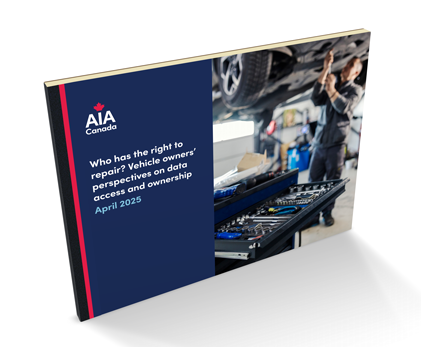

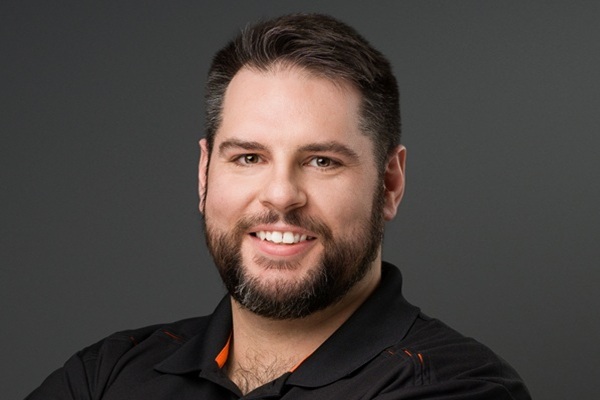
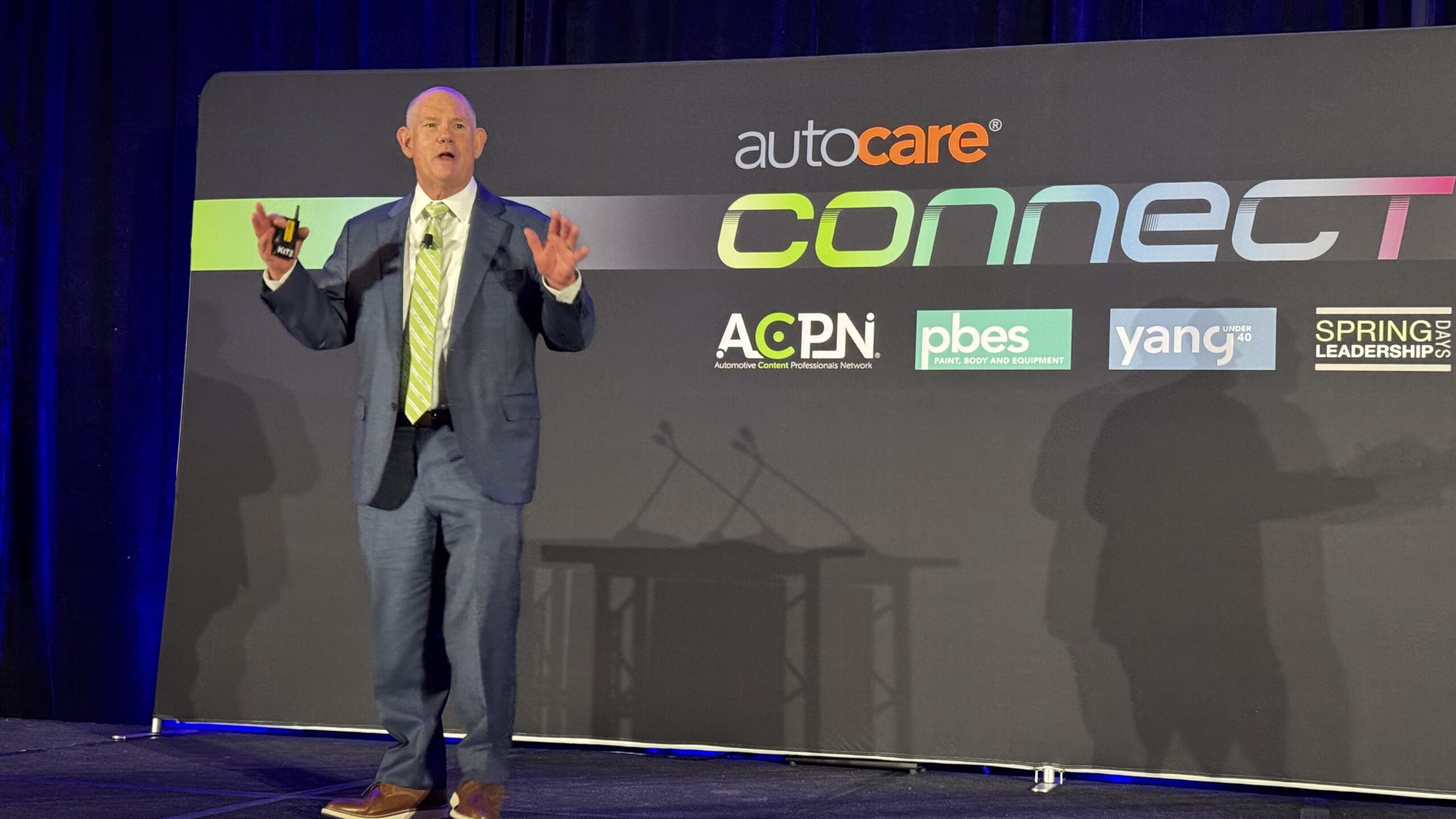
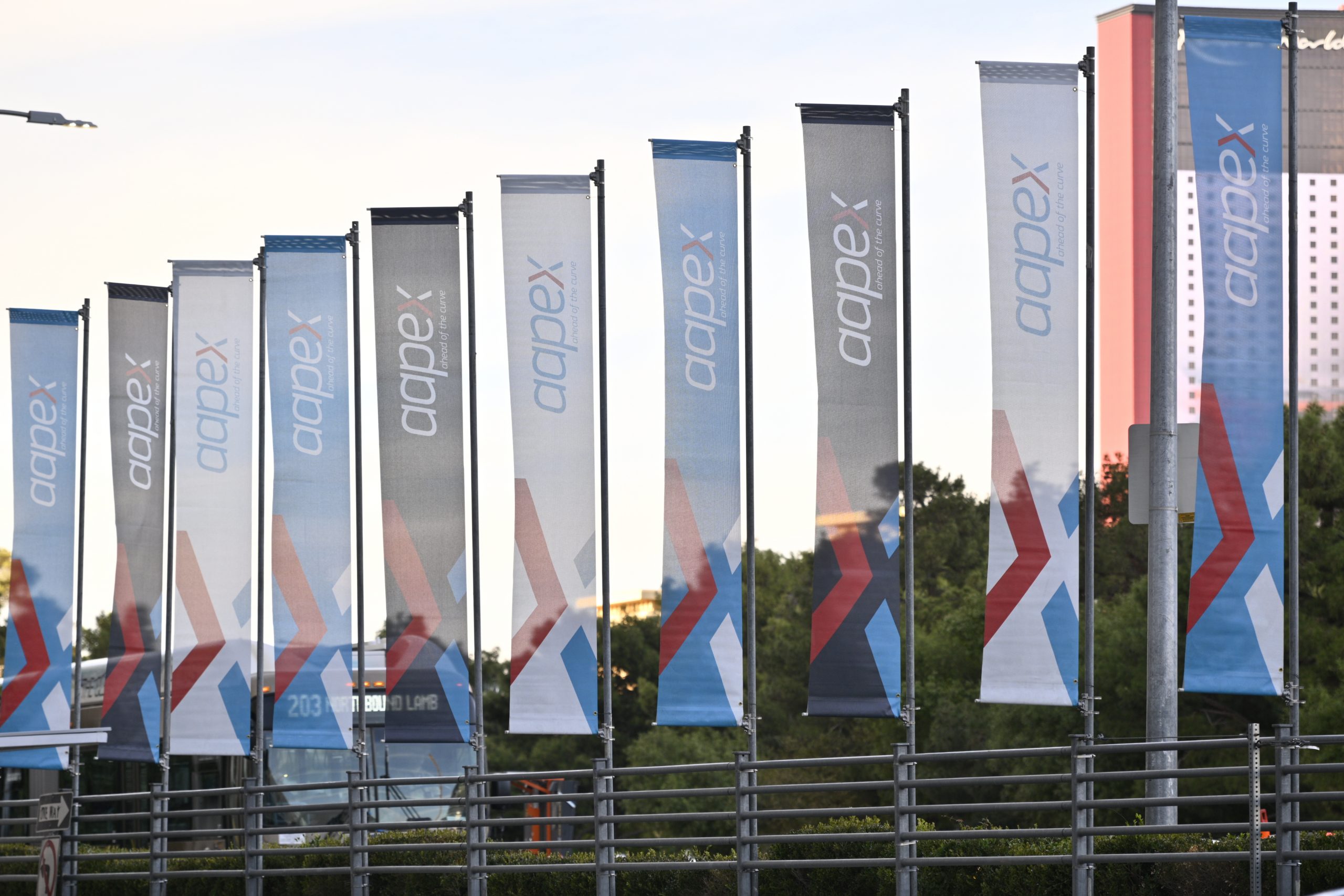
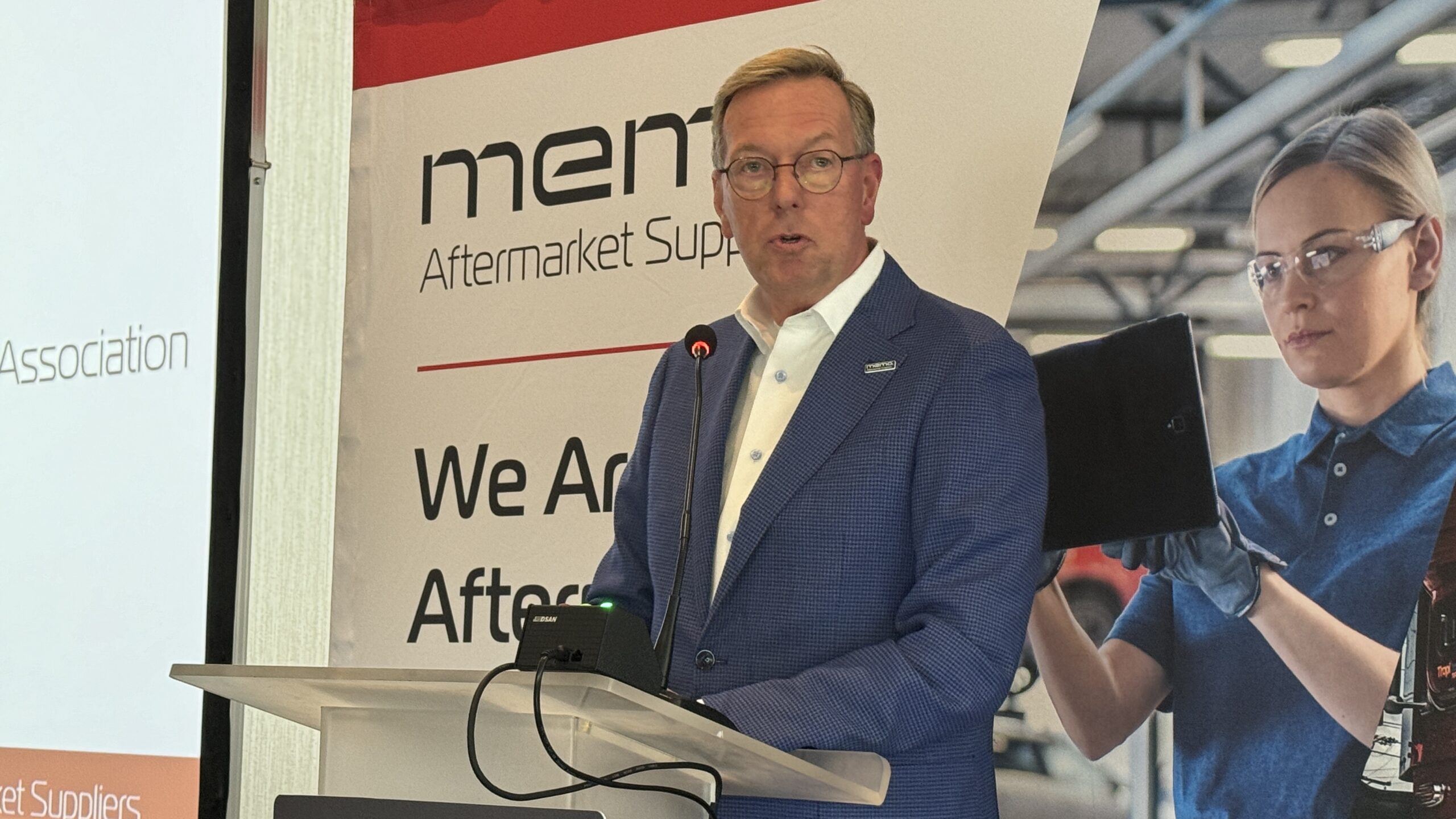
Leave a Reply